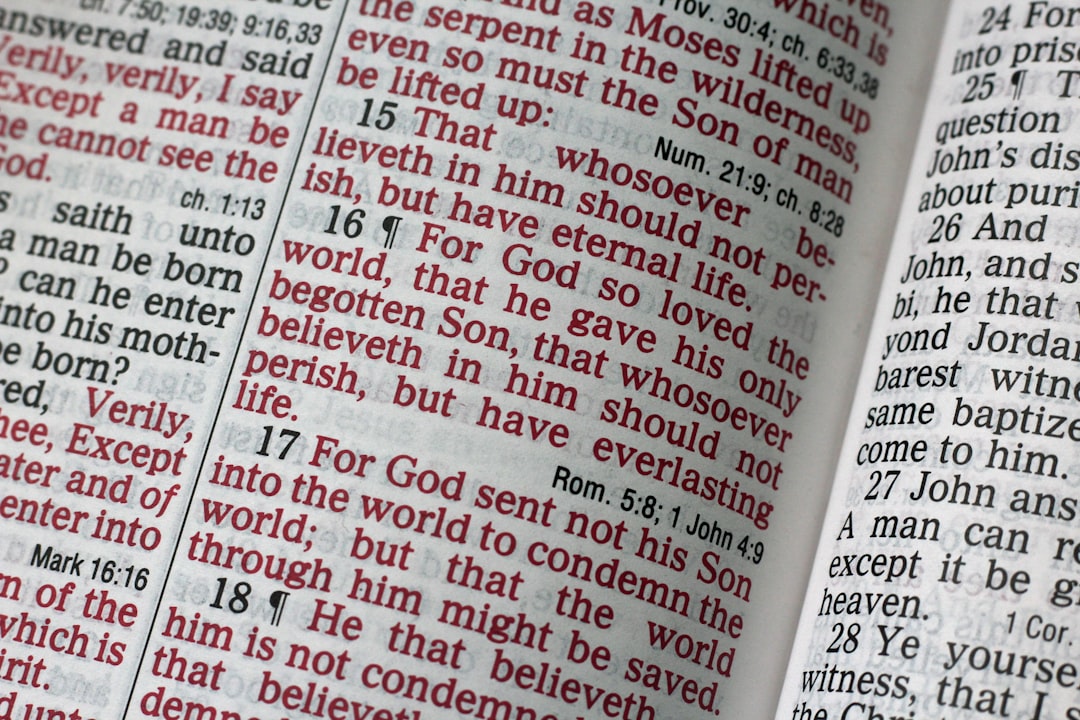Religious tolerance has been a contentious issue throughout history. From the Crusades to the Spanish Inquisition to modern-day hate crimes, religion has been used as a tool to justify discrimination and violence against others. However, over the past few centuries, there has been a marked evolution in the way society approaches religious tolerance. In this blog post, we will explore the progression of religious tolerance in society and the factors that have led to a more inclusive and accepting approach to different religious beliefs.
Historically, religious intolerance was often the norm. The Crusades, which took place between the 11th and 13th centuries, were a series of military campaigns waged by Christian countries against Muslim territories. These brutal wars were fought in the name of religion, with the goal of reclaiming holy lands and converting non-Christians to Christianity. The Inquisition, which took place in the 15th and 16th centuries, was a state-sanctioned campaign to root out and punish heretics, often resulting in torture and execution.
The Enlightenment period of the 17th and 18th centuries marked a turning point in the way society viewed religious tolerance. Philosophers such as John Locke and Voltaire argued for the separation of church and state and the freedom of individuals to practice their own beliefs. These ideas laid the foundation for the modern concept of religious tolerance as a fundamental human right.
In the United States, the First Amendment to the Constitution, ratified in 1791, guarantees the freedom of religion, stating that “Congress shall make no law respecting an establishment of religion, or prohibiting the free exercise thereof.” This principle has been upheld by the Supreme Court in numerous cases, including the landmark decision in Everson v. Board of Education (1947) which established the concept of a “wall of separation” between church and state.
In recent decades, there has been a growing recognition of the importance of religious tolerance in creating a more harmonious and peaceful society. The rise of globalization and multiculturalism has made it increasingly important for people of different faiths to coexist and collaborate. In many countries, including the United States, religious diversity is celebrated and protected by law.
One of the key factors that has contributed to the evolution of religious tolerance in society is education. As people become more informed about different religions and their beliefs, they are better able to understand and respect those who hold different views. Schools and universities play a crucial role in promoting religious literacy and encouraging dialogue between different religious groups.
Interfaith dialogue and collaboration have also played a significant role in promoting religious tolerance. Organizations such as the Parliament of the World’s Religions and the Interfaith Youth Core bring together people of different faiths to work towards common goals and foster understanding and cooperation. By building relationships and alliances across religious divides, individuals are able to see beyond their differences and focus on what unites them.
Social media and the internet have also played a role in promoting religious tolerance. These platforms allow people to connect with others from around the world and learn about different cultures and beliefs. They also provide a space for dialogue and discussion, where individuals can share their perspectives and engage in respectful debate.
Despite these positive developments, religious intolerance continues to be a problem in many parts of the world. Religious minorities are often targeted for discrimination and violence, and extremist groups use religion as a justification for their actions. In order to combat religious intolerance, it is important for individuals and communities to speak out against hate and discrimination and work towards building a more inclusive society.
Ultimately, the evolution of religious tolerance in society is an ongoing process that requires the participation and support of all individuals. By promoting education, dialogue, and collaboration, we can work towards a more peaceful and harmonious world where all people are free to practice their beliefs without fear of persecution. As we continue to strive towards this ideal, let us remember the words of Mahatma Gandhi: “I believe in the fundamental truth of all great religions of the world. I believe they are all God-given and I believe they were necessary for the people to whom these religions were revealed. And I believe that if only we could all of us read the scriptures of the different faiths from the standpoint of the followers of those faiths, we should find that they were at the bottom all one and were all helpful to one another.”
In conclusion, the evolution of religious tolerance in society has been a long and complex journey, marked by progress and setbacks. While there is still much work to be done, the strides we have made towards a more inclusive and accepting society provide hope for a future where people of all faiths can live together in peace and harmony. Let us continue to work towards this goal, and strive to create a world where religious tolerance is not just a dream, but a reality.

